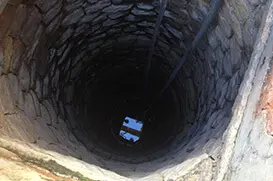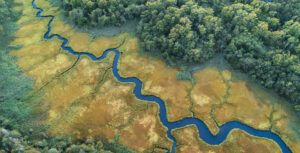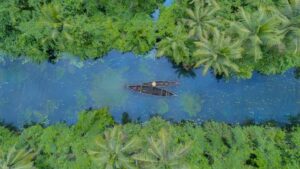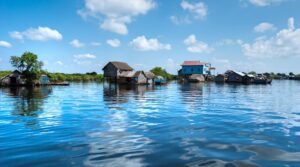WGF report no 3 – Groundwater Governance in India: Stumbling Blocks for Law and Compliance Water Governance Facility Report No 3
This report analyses the formal legal and institutional framework for groundwater governance in India, with special focus on implementation, enforcement and compliance matters in practice. It maps the recent development in the non-binding policy landscape as well as the law reform processes based on case studies of three different States.
India’s development has become strongly dependent on its groundwater resources. More than half of the agricultural sector depends on irrigation from wells, characterized by deep-rooted but often inefficient practices. The rise in absolute and per-capita water demands that is linked to population growth and changing consumption patterns is increasingly met from groundwater sources. The agricultural sector and the industrial both thrive from free access to water from wells. Governing the groundwater is simultaneously a growing challenge in large parts of the country where the water table is steadily sinking. Overexploitation and quality deterioration is spurred or deterred by different policy and reform choices at federal, state and local levels.
The widening availability and demand gap is often held to be a governance problem, commonly interpreted as due to misguided policies, unenforceable legislation, inefficient bureaucracy, institutional fragmentation, low capacity, dated knowledge, poor accountability, corruption, ‘vote-bank’ politics, lack of stake-holder involvement, and so on.
The report concentrates on access and abstraction for agriculture and domestic use. The main findings show bottlenecks in the formulation and enforcement of law, relating to lack of political will and legitimacy, path dependency, limited implementation capacity, and a persistent culture of non-compliance.




